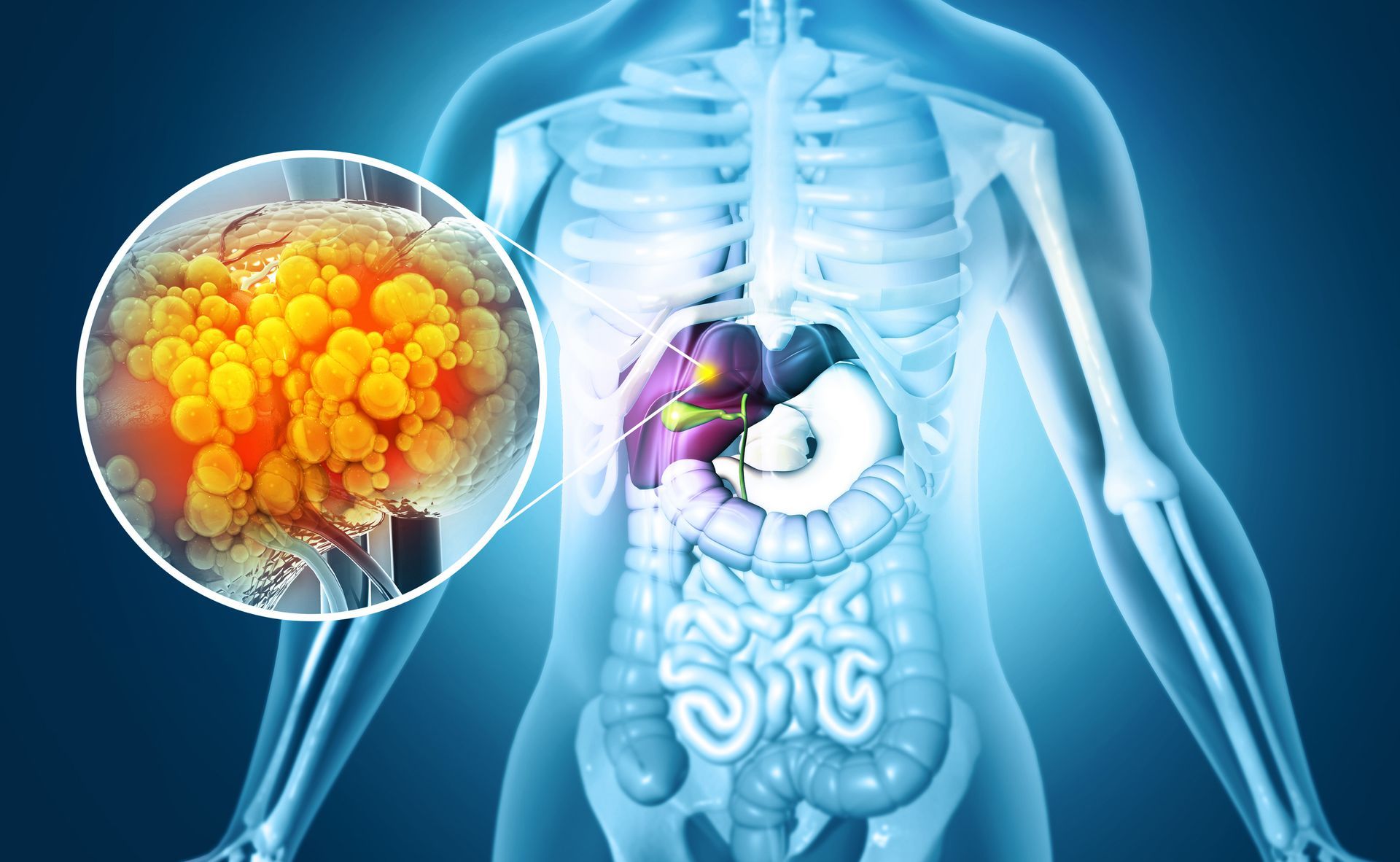ANORECTAL DISEASE IN FLORIDA
Anomalies of the anus and/or rectum are referred to as anorectal diseases. Hemorrhoids, anal warts, anal fissures, and anorectal abscesses are among the most prevalent conditions.
HAVE QUESTIONS ABOUT ANORECTAL DISEASE?
-
What Are Hemorrhoids?
Swollen blood vessels in the anus or rectum are hemorrhoids. They may be external, which means they are buried beneath the skin surrounding the anus, or internal, which means they are situated inside the anus. Hemorrhoids are an issue that can be brought on by various things, such as straining during bowel movements, pregnancy, and obesity.
-
What Are Anal Warts?
Small, fleshy growths called anal warts can appear on the skin around the anus. They are often not dangerous and are brought on by the HPV virus. However, they can be uncomfortable and ugly.
-
What Are Anal Fissures?
Anal fissures are microscopic tears in the anus lining. They can be brought on by a variety of things, such as anal intercourse, diarrhea, and constipation. Anal fissures can cause excruciating pain and make it challenging to have a bowel movement.
-
What Are Anorectal Abscesses?
Infections in the tissues surrounding the anus or rectum are known as anorectal abscesses. They are frequently brought on by bacteria that enter the body through tiny skin tears. Anorectal abscesses can produce fever and other symptoms as well as being extremely painful.
-
What Are the Treatments for Anorectal Disorders?
Although they can be extremely unpleasant, anorectal disorders are often curable. The type of anorectal disease and its severity will determine the course of treatment. The following are some typical anorectal disease treatments:
- Painkillers and anti-inflammatory drugs
- Surgery to treat fistulas, anal warts, and hemorrhoids
- Stool softeners that facilitate bowel motions
- Dietary adjustments to avoid constipation
It is crucial to see a doctor if you exhibit any anorectal illness symptoms. Your quality of life can be improved and complications can be avoided with early diagnosis and treatment.
-
What are the Risk Factor of Anorectal Disease?
A variety of things can lead to anorectal disorders, such as
- Age, older people are more likely to develop hemorrhoids.
- Hemorrhoids occur more frequently during pregnancy.
- Obesity increases the risk of hemorrhoids.
- Hemorrhoids can develop as a result of constipation, which can exert strain on the anus veins.
- Anal fissures can develop as a result of diarrhea, which can irritate the anus lining.
- Irritable bowel syndrome (IBS) is a chronic disorder that can lead to symptoms such as diarrhea, constipation, and other discomforts.
-
What are the Complications from Anorectal Disorders?
Anorectal diseases can sometimes lead to complications, such as:
- Infection: If an anorectal abscess is not treated, it can become infected.
- Bleeding: Hemorrhoids can sometimes bleed.
- Pain: Anorectal diseases can be very painful.
- Fecal incontinence: In some cases, anorectal diseases can lead to fecal incontinence.
-
What are the Preventative Measures for Anorectal Disorders?
There are a number of things you can do to help prevent anorectal diseases, such as:
- Eat a healthy diet that includes plenty of fiber.
- Stay hydrated.
- Exercise regularly.
- Avoid constipation.
- If you are pregnant, talk to your doctor about ways to prevent hemorrhoids.
It is crucial to see a doctor if you exhibit any anorectal illness symptoms. Your quality of life can be improved and complications can be avoided with early diagnosis and treatment. The expert staff at Digestive Diseases Center in Northwest Florida are here to help with all of your digestive and gastroenterological needs.
READY TO SCHEDULE AN APPOINTMENT?
RECENT GASTROENTEROLOGY BLOGS
CONTACT
850-763-5409
ADDRESSES
4 LOCATIONS
204 E 19th Street, B, Panama City
12216 Panama City Beach Pkwy, D, Panama City Beach
4295 3rd Ave, Marianna
101 Good Morning St., 109B, Port St. Joe
Subscribe to our newsletter:
subscribe to our newsletter
We will get back to you as soon as possible.
Please try again later.



